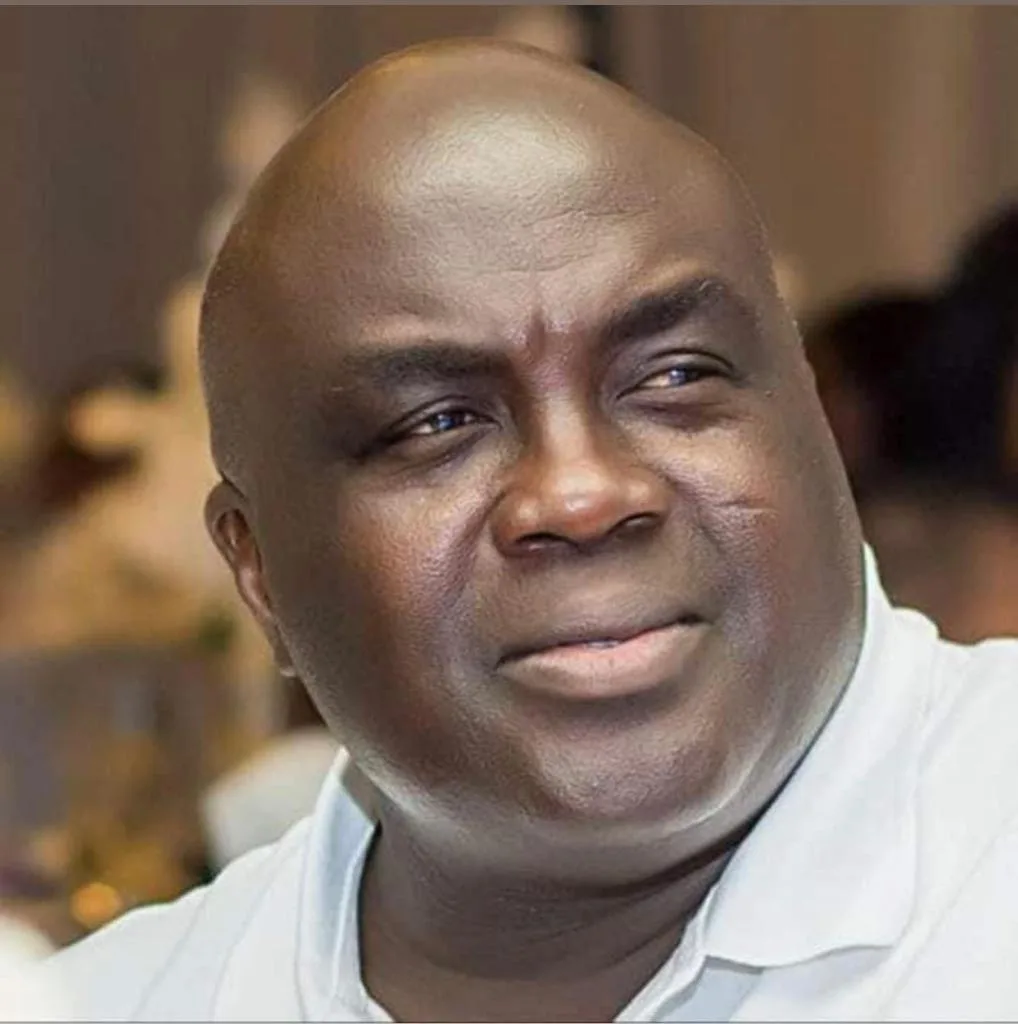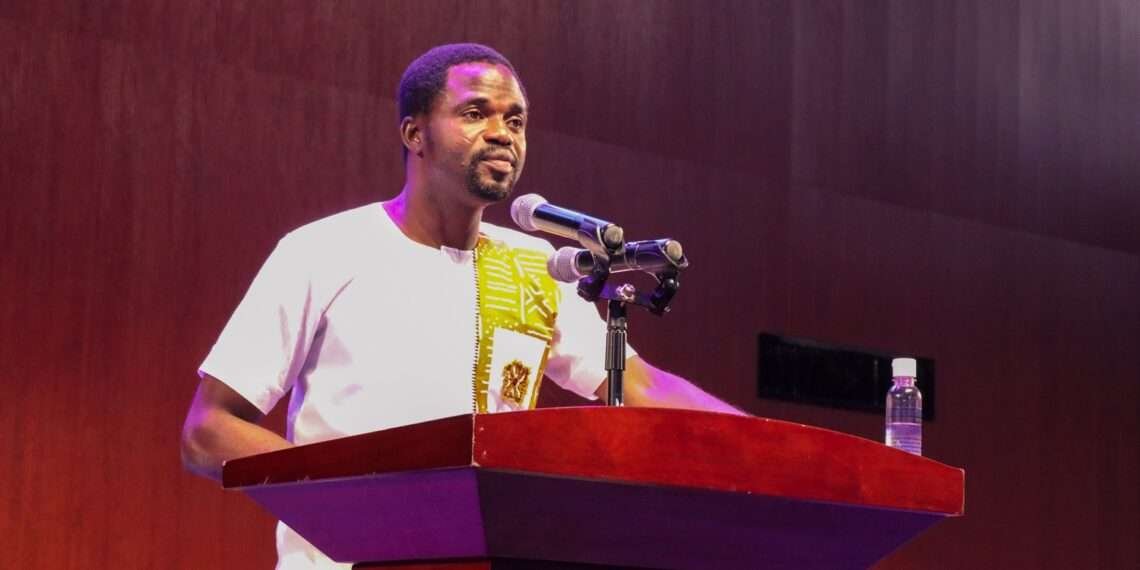The latest directive from the Presidency ordering the annulment of all public service appointments and recruitments made after December 7, 2024, has reignited an age-old debate about political patronage and its corrosive effect on Ghana’s governance and public administration.
The announcement, signed by the Chief of Staff, Julius Debrah, directed all heads of government institutions to reverse these appointments and submit a report by February 17, 2025.
While the directive is intended to ensure good governance, it also exposes a deeply entrenched problem—one that investigative journalist Manasseh Azure Awuni aptly described as the slow death of Ghana’s civil and public service due to political interference.
In a damning critique, Manasseh Azure Awuni recounts a troubling pattern: politicians using their final days in office to push their loyalists into managerial and other top positions in state-owned enterprises (SOEs), often at the expense of long-serving technocrats and dedicated civil servants.
This practice, he noted, is not unique to any political party but has become a normalized cycle in Ghanaian governance, asserting that each incoming administration prioritizes loyalty over meritocracy, removing perceived political opponents and replacing them with party faithful.
“This is an obvious injustice that is bound to create disaffection in the organisation. In SOEs, this phenomenon is common, not only when a party exits office but also when a new party takes office. We seem to have accepted it as a normal practice that enlistment into the security services is done through “protocol.”
Manasseh Azure Awuni
On the surface, the Presidency’s directive may seem like a step toward curbing political manipulation of public service appointments. However, the timing and scope of the order raise important questions.
The directive does not address the root cause of the problem. Instead, it merely reverses the most recent wave of politically motivated appointments while leaving the broader system of patronage intact.
According to Manasseh, unless there is a fundamental shift toward institutionalizing merit-based appointments, the cycle will continue with each change of government.

The Decline of Ghana’s Civil and Public Services
The consequences of this persistent political interference in public service appointments are dire. Ghana’s civil and public services, once regarded as pillars of professionalism and continuity, have been steadily declining.
Manasseh pointed out that positions that were traditionally reserved for career bureaucrats are now handed to political operatives with little regard for competence or experience.
A competent and independent public service is essential for national development. However, the current system discourages skilled professionals from pursuing careers in public service, knowing that their growth will be stunted by political considerations.
“Our civil and public services are dying. And we should not pretend to know why.”, Manasseh stated, adding that the result is an inefficient public administration system where expertise is sacrificed for party loyalty.
If this trend continues, the long-term damage to governance and state institutions will be irreversible.
If Ghana is to break free from this destructive cycle, systemic reforms are necessary. A truly independent Public Services Commission, empowered to oversee all appointments and enforce merit-based recruitment, is critical.
Additionally, laws governing public sector appointments must be strengthened to prevent outgoing governments from making last-minute political appointments.
Moreover, civil society organizations and media watchdogs must continue to expose and challenge political interference in state institutions. Public awareness and advocacy can create the pressure needed for meaningful change.
The directive from the Presidency is a reactionary measure that does little to address the fundamental issue of political patronage in Ghana’s public service.
While it may undo some of the most recent instances of political manipulation, it does not prevent future governments from engaging in the same practice.
Until Ghana commits to genuine reforms that prioritize competence over political loyalty, the civil and public services will remain trapped in an endless cycle of political interference, to the detriment of national development.
READ ALSO: Vance Warns Against Excessive AI Regulation























